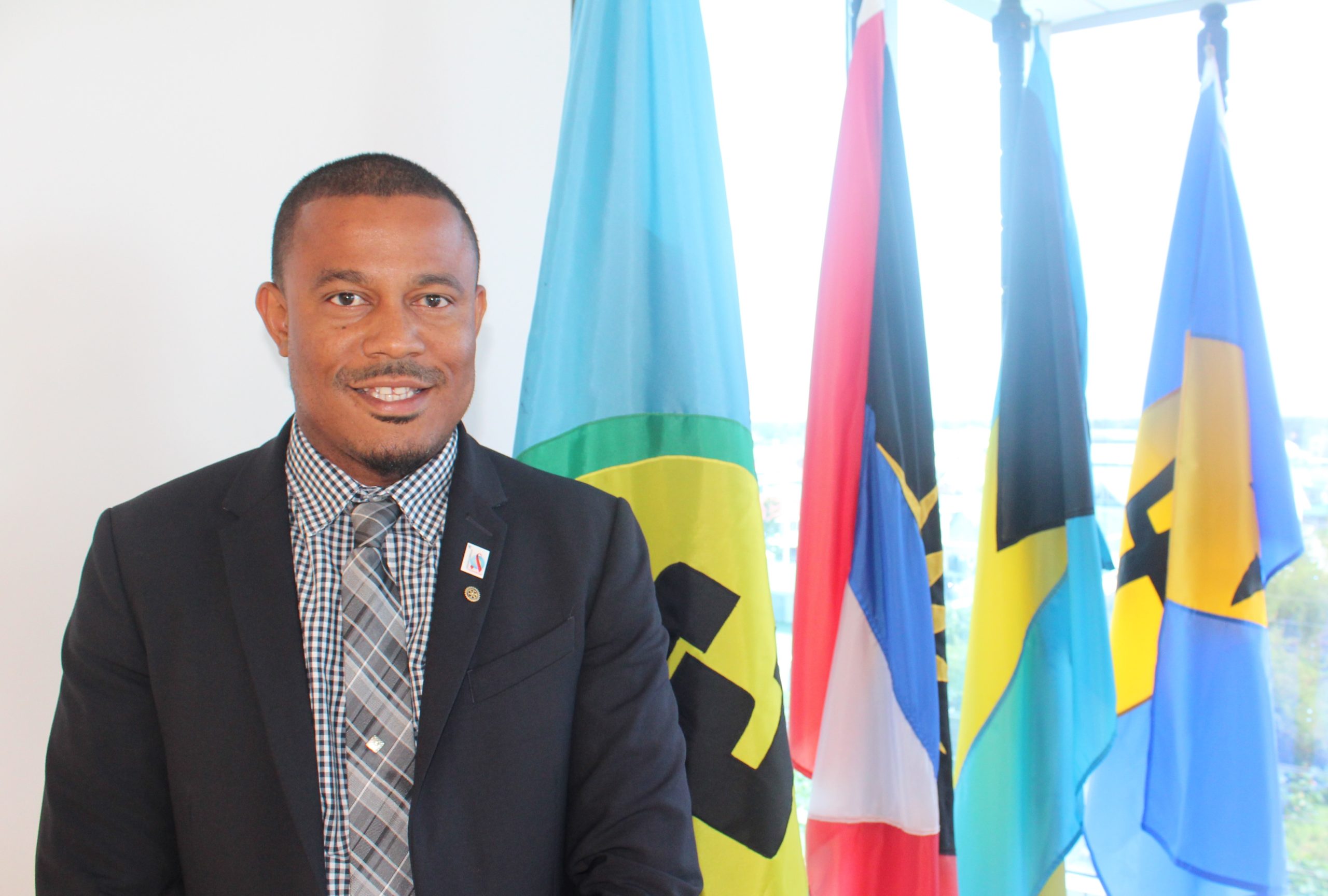
Moving Forward despite the Challenges
HIV programmes in the Region faced numerous challenges. These include social issues confronting the disease and the lack of human resources. The ongoing COVID-19 Pandemic surely did add to these challenges by causing funding to be directed from disease areas such as HIV to the Pandemic response, disrupting care and treatment services and exacerbating stigma and discrimination, especially against Key Populations and other vulnerable groups.
Despite these challenges, National AIDS Programmes and Civil Society Organizations (CSOs) recognized very early that the Pandemic could derail progress and undo the gains that we have made over the years.
Through collaboration with PANCAP and other Key Partners, National Programmes implemented a strategic approach to ensure that any disruptions from the Pandemic would be minimized and HIV remained relevant during this period.
This strategic approach aims to ensure the continuity of services during the Pandemic. This included supporting National Programmes with Personal Protective Equipment (PPE) and other protective measures to safeguard both providers and users of the system to continue delivering services.
The strategy included placing Key Populations and vulnerable groups at the centre of the response. Many services offered during the Pandemic ensured that these services met the needs of key populations and most at-risk groups.
The strategy also ensured that the Region embraced new and innovative approaches to respond to the HIV epidemic. For example, HIV self-testing was piloted as an approach to fill testing gaps created because of the Pandemic. The Region has also experienced a scale-up of Pre-exposure prophylaxis (PrEP) in some countries.
Despite all of the challenges, National Programmes and CSOs have demonstrated resilience and will continue moving forward, keeping an eye on the goal of ending AIDS in the Region by 2030.
WHAT IS PANCAP?
PANCAP is a Caribbean regional partnership of governments, regional civil society organisations, regional institutions and organisations, bilateral and multilateral agencies and contributing donor partners established on 14 February 2001. PANCAP provides a structured and unified approach to the Caribbean’s response to the HIV epidemic, and coordinates the response through the Caribbean Regional Strategic Framework on HIV and AIDS to maximise efficient use of resources and increase impact, mobilise resources and build the capacity of partners.
What are the Global AIDS Strategy 2021–2026 targets and commitments?
If targets and commitments in the strategy are achieved:
- The number of people who newly acquire HIV will decrease from 1.7 million in 2019 to less than 370 000 by 2025
- The number of people dying from AIDS-related illnesses will decrease from 690 000 in 2019 to less than 250 000 in 2025.
- The goal of eliminating new HIV infections among children will see the number of new HIV infections drop from 150,000 in 2019 to less than 22,000 in 2025.
What are the 95-95-95 Targets for ending AIDS?
- 95% of People Living with HIV know their HIV status;
- 95% of people who know their status on treatment; and
- 95% of people on treatment with suppressed viral loads.
HELPFUL LINKS:
Global AIDS Strategy 2021–2026, End Inequalities, End AIDS
https://pancap.org/pancap-documents/global-aids-strategy-2021-2026-end-inequalities-end-aids/
Caribbean Regional Strategic Framework on HIV and AIDS (CRSF) 2019-2025
https://pancap.org/pancap-documents/caribbean-regional-strategic-framework-2019-2025/
